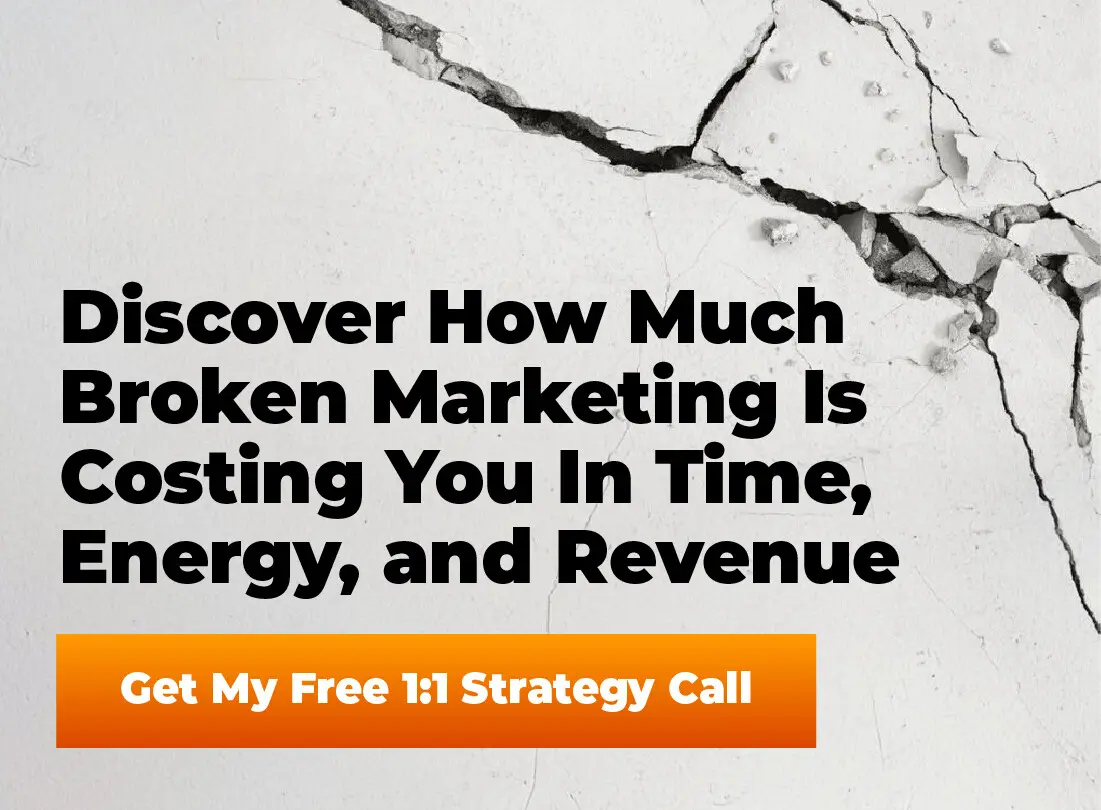In the competitive world of marketing and advertising, companies are constantly looking for new and innovative ways to reach their target audiences. One tactic that has sparked curiosity, controversy, and debate for decades is subliminal advertising. The concept of delivering hidden messages to influence consumer behavior without their conscious awareness has both fascinated and alarmed marketers, psychologists, and the general public alike.
But what exactly is subliminal advertising? How does it work—if it works at all? And should modern businesses consider using it as part of their digital marketing strategy?
Let’s examine the concept, science, and myths surrounding subliminal advertising to determine whether it’s a marketing tool worth considering.
Table of Contents
- What Is Subliminal Advertising?
- The History of Subliminal Advertising
- The Science Behind Subliminal Perception
- Subliminal Advertising in the Digital Age
- Legal and Ethical Considerations
- Why Clarity and Strategy Outperform Subliminal Tactics
- So, Does Subliminal Advertising Work?
- Focus on What Actually Works — Partner with BizIQ
What Is Subliminal Advertising?
Subliminal advertising refers to the use of visual or auditory stimuli that are presented so briefly or subtly that they are below the threshold of conscious perception. The idea is that the human brain can register and process these messages unconsciously, potentially influencing attitudes, preferences, or behaviors without the individual realizing it.
The term “subliminal” comes from the Latin words sub (below) and limen (threshold), literally meaning “below the threshold” of conscious awareness.
Examples of subliminal advertising include:
- Hidden images or words embedded in advertisements.
- Flashing words or images for milliseconds during video content.
- Backmasked audio messages played in reverse.
- Subtle product placement designed to go unnoticed.
The History of Subliminal Advertising
Subliminal advertising first entered the public consciousness in the 1950s. One of the most well-known cases involves market researcher James Vicary, who claimed to have conducted an experiment in a movie theater where he flashed messages like “Drink Coca-Cola” and “Eat Popcorn” for just milliseconds during a film. According to Vicary, sales of both items increased significantly as a result.
While his results generated widespread media attention and public concern, Vicary later admitted that the experiment was fabricated. Still, the idea had taken root in the cultural imagination. By the 1970s, the Federal Communications Commission (FCC) in the United States had labeled subliminal advertising as “contrary to the public interest,” although enforcement has remained limited due to the lack of clear evidence of its effectiveness.
The Science Behind Subliminal Perception
The key question surrounding subliminal advertising is whether these subconscious cues actually influence decision-making.
Research into subliminal perception shows that people can process some information outside of their conscious awareness. For example, studies using brain imaging technology have demonstrated that the brain can register stimuli presented for just a few milliseconds. In some cases, these subliminal messages can activate specific brain regions associated with emotion or reward.
However, there’s a significant difference between subliminal perception (the brain noticing something subconsciously) and subliminal persuasion (that subconscious cue influencing your choices). That’s where the science becomes more nuanced.
What Studies Say
- A 1999 study published in the Journal of Experimental Social Psychology found that subliminally priming participants with the brand name “Lipton Ice” made them more likely to choose that beverage—but only if they were already thirsty. This suggests that subliminal cues may only work in very specific contexts and on receptive audiences.
- A 2006 review of over 50 studies on subliminal messaging concluded that while subliminal stimuli can affect simple behaviors or preferences, the effects are short-lived and relatively weak. They are not powerful enough to drastically alter consumer behavior in most situations.
- In contrast, overt advertising methods like emotional appeals, social proof, storytelling, and clear calls to action have proven to be far more effective.
In short, subliminal advertising might nudge certain responses under controlled conditions, but it’s not the powerful mind-control tool some believe it to be.
Subliminal Advertising in the Digital Age
With the rise of digital marketing, some wonder whether subliminal advertising is making a comeback in more subtle and sophisticated forms.
Consider how algorithms personalize your experience online, presenting ads, recommendations, and content based on your browsing behavior. These suggestions are not necessarily subliminal in the traditional sense, but they do function below the level of full awareness. You may not consciously notice how often you’re being nudged toward specific products or ideas.
Similarly, micro-moments—the brief instances when consumers turn to their devices for quick answers—are being studied and exploited by marketers who want to influence behavior in subtle ways. Again, while this isn’t traditional subliminal advertising, it reflects the broader concept of influencing decision-making without overt persuasion.
Some also point to neuromarketing, which uses brain-imaging and biometric tools to study how consumers respond to stimuli. This science aims to optimize advertisements by targeting emotional triggers, often bypassing conscious rationalization. Though not subliminal per se, neuromarketing shares a similar goal: influencing consumer behavior on a subconscious level.
Legal and Ethical Considerations
Despite the limited evidence for its effectiveness, subliminal advertising is controversial because it’s often seen as manipulative or deceptive.
In the United States, there is no explicit federal law banning subliminal advertising, but regulatory bodies like the FCC and FTC have taken a cautious stance. The National Association of Broadcasters has banned subliminal advertising in radio and television since the 1950s. Other countries, including the UK and Australia, have stricter regulations.
From an ethical standpoint, most marketers steer clear of subliminal tactics due to concerns about consumer trust, brand reputation, and transparency. In today’s digital landscape—where authenticity and ethical practices are increasingly important—most successful brands rely on clear messaging, relatable content, and value-driven marketing.
Why Clarity and Strategy Outperform Subliminal Tactics
Although subliminal advertising may seem intriguing, its limited effectiveness and questionable ethical standing make it a poor substitute for proven marketing strategies.
The most successful marketing campaigns today are:
- Data-driven – leveraging analytics to understand audience behavior.
- Emotionally engaging – using storytelling, visuals, and experiences.
- Authentic – building trust through honest communication.
- SEO-optimized – ensuring visibility across search engines.
- Targeted – reaching the right people through paid ads and social media.
Rather than trying to influence people without their knowledge, effective marketers meet customers where they are, with relevant content that answers questions, solves problems, and builds brand loyalty.
So, Does Subliminal Advertising Work?
The answer depends on how you define “work.” If your goal is to create massive shifts in consumer behavior with imperceptible cues, then no—subliminal advertising doesn’t work effectively in real-world marketing.
While it may influence fleeting perceptions or minor preferences under specific conditions, it does not provide the reliable results that modern businesses need to drive growth. Instead, strategies built on transparency, engagement, and measurable impact continue to outperform any attempts at covert persuasion.
Focus on What Actually Works — Partner with BizIQ
At BizIQ, we don’t rely on gimmicks or questionable tactics. Instead, we empower your business with proven digital marketing strategies that deliver real, measurable results. Whether you’re looking to improve your local or organic SEO, launch effective PPC campaigns, manage your social media presence, or build a high-performance website, we’re here to help.
Our team of experts knows what works—and we’re proud to provide the tools, knowledge, and personalized service you need to grow your brand the right way.
Ready to elevate your marketing strategy? Contact us today for a comprehensive analysis and a quote. Let’s build something that works—no subliminal tricks required.











